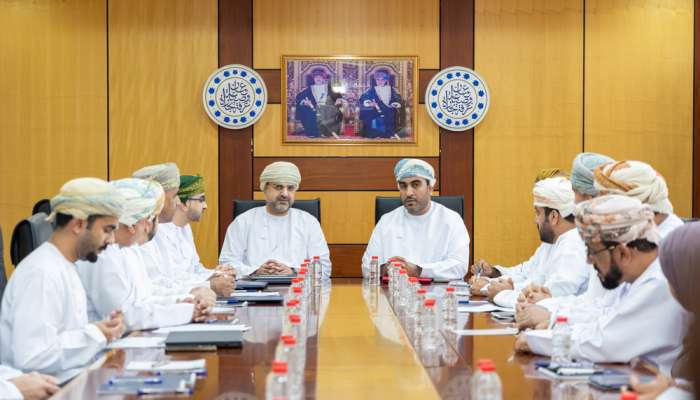
Sohar: The total value of loans for projects financed by the Development Bank in North Al Batinah Governorate by the end of 2024 stood at OMR3737 million. It constituted 13 percent of the bank's total loan portfolio.
As many as 3,016 loans were financed by the Development Bank in North Al Batinah. They constituted 14 percent of the total number of its loans.
The bank focuses on financing projects that maximize the comparative advantage of North Al Batinah Governorate.
The converting industries sector garnered the largest proportion in terms of value of the bank’s lending portfolio (OMR13,191,051 for 647 loans), followed by the tourism sector (OMR6,056,602 for 265 loans), the services sector (OMR5,596,875 for 651 loans), the fisheries sector (OMR3,980,964 for 916 loans), the education sector (OMR3,243,636 for 76 loans), the agriculture and livestock sector (OMR3,185,224 for 431 loans) and the health sector (OMR2,124,141 for 30 loans).
To organise developmental financing for economic projects in North Al Batinah, a meeting was held by the Development Bank and Oman Chamber of Commerce and Industry (OCCI).
The meeting was chaired by Mahmoud Abdullah Al Owaini, Secretary General of the Ministry of Finance, Chairman of the Board of Directors of the Development Bank, and Eng. Said Ali Al Abri, Chairman of the Board of Directors of the OCCI’s North Al Batinah Governorate's Branch. The meeting was attended by Hussein Ali Al Lawati, CEO of the Development Bank, members of the board of directors and heads of committees.
The meeting discussed development financing provided by the bank to productive and service economic projects, along with subsidised interest, incentives and qualitative advantages in the repayment process. The measures were discussed within the context of efforts aimed at enhancing investments in Omani governorates and empowering small and medium enterprises (SMEs) and entrepreneurship.
The bank gave a visual presentation during which it reviewed updates in development financing. The presentation dealt with the process of lending and its distribution among economic activities.
The presentation also touched on the sustainable economic impact of projects funded through development financing, including support for Omanisation and self-employment policies, achieving self-sufficiency in many products and exporting products abroad. It also highlighted the challenges facing the funded projects and ways to overcome the hurdles.